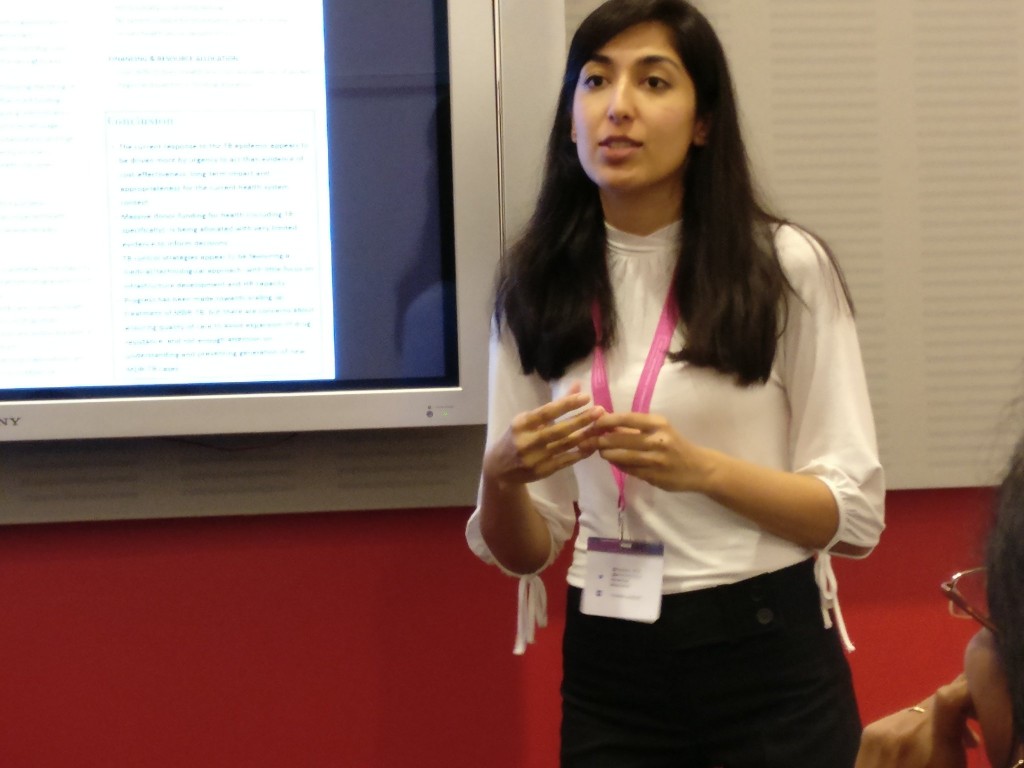It is not impossible for a Pakistani woman to conquer international waters but it is no easy feat either. From Malala Yousafzai representing the country as a human-rights activist to filmmaker Sharmeen Obaid-Chinoy making waves on the entertainment front, Pakistani scientist Mishal Khan is now in the headlines for outstanding achievement. She has been elected for the governing body of Europe’s leading healthy university, the London School of Hygiene and Tropic Medicine. The well-reputed institution has been involved in extensive research following the Covid-19 outbreak across the world. Khan holds a 120-year-history in public health research and teaching, according to a series of Twitter posts uploaded by PKsilverlining (PKSL).
Pakistani scientist, #MishalKhan, has been elected to the governing body of Europe’s leading public health university, the London School of Hygiene and Tropic Medicine (LSHTM). LSHTM has been at the forefront of research on COVID-19 in recent months, pic.twitter.com/KDAChUSCcv
— PKsilverlining (@Pksilverlining) September 20, 2020
The post published on the micro-blogging site read, “The institution’s governing body, known as the Council is responsible for overall operational and strategic management at a time when public health institutions are playing a critical role in a global health crisis.” Khan’s election announcement was made by the chair of LSHTM Council, Don Roberts, widely known for his position as the chairman of the London Stock Exchange Group.
http://thebrownidentity.com/2020/09/20/10-pakistani-dramas-of-the-past-ten-years-that-we-think-imran-khan-should-watch/
LSHTM has more than 3000 staff based around the world and Khan was voted into this prestigious role by her academic colleagues. “Since senior positions at global public health universities are dominated by white, male academics, the election of a Pakistani woman to Council has been appreciated as a shift from the norm that allows the perspectives of lower-income country experts to be represented,” continued PKSL’s post. Khan completed her Masters from LSHTM back in 2003 and was awarded a scholarship to complete her PhD at the university, centering on tuberculosis control in Pakistan. While she has worked actively towards improving the systems related to the containment of several diseases in South and Southeast Asian countries, her major works include those in Pakistan, China, Myanmar, Bangladesh and Cambodia. She is currently a visiting faculty member at the leading Aga Khan University in Karachi, as well as a consultant at the UK think-tank, the Centre on Universal Health at Chatham House.
